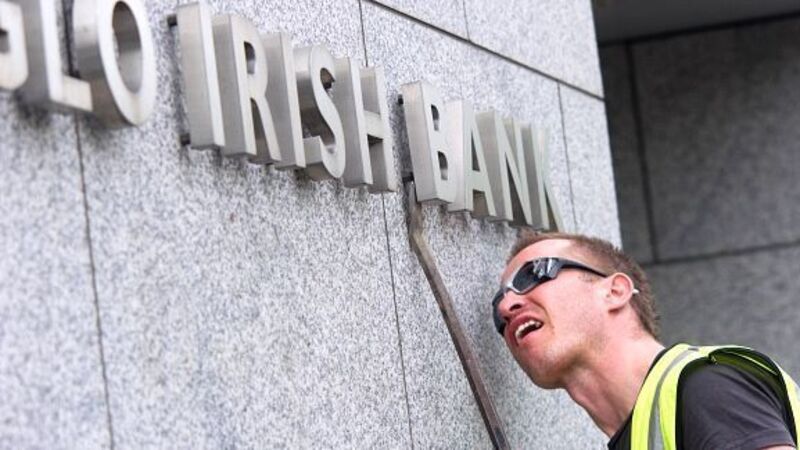Bank scandal? Plus ça change

WHY is it all so different in this country? Abroad, when financial scandal hits home, there tends to be criminal investigations, trials, and ultimately imprisonment if an offender is found to have broken the law. We do things differently here.
The rage that has been palpable this week on publication of the Anglo tapes is rooted in a sense of impotence. The tapes appear to show that executives within Anglo Irish Bank had barely concealed contempt for the regulator charged with policing the industry.
















